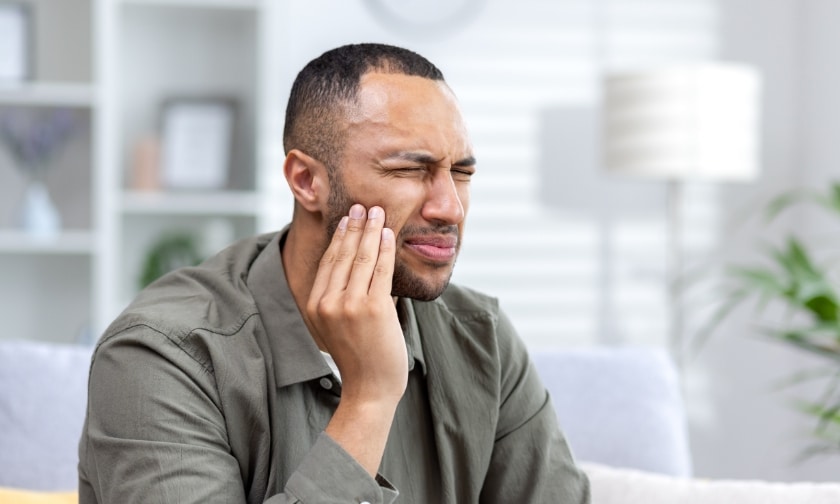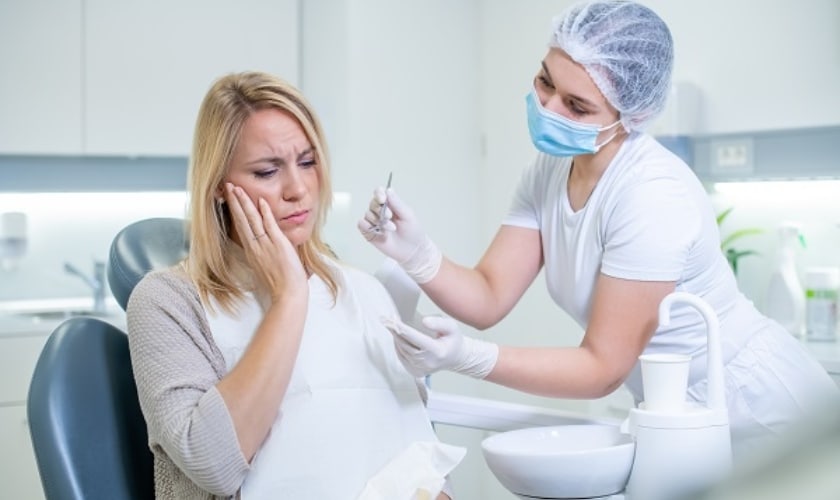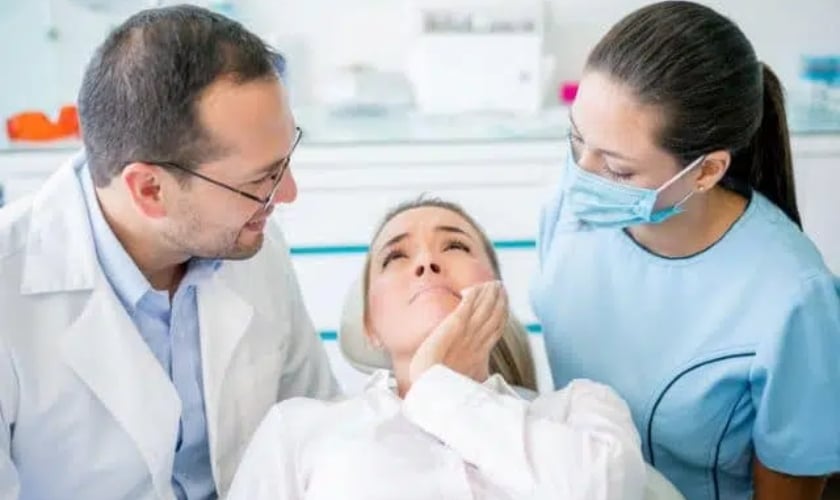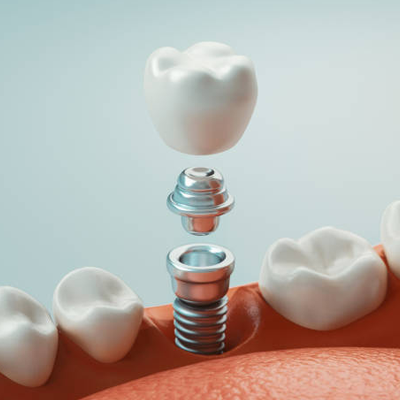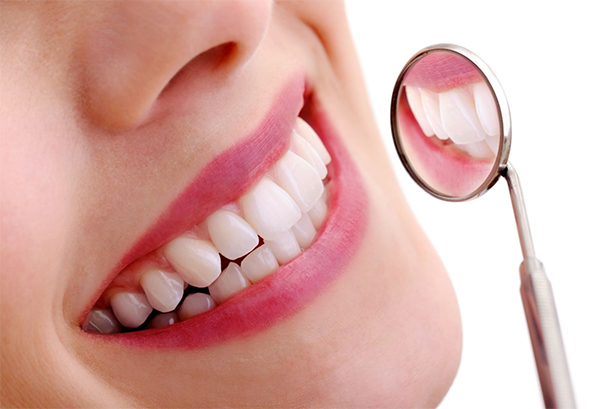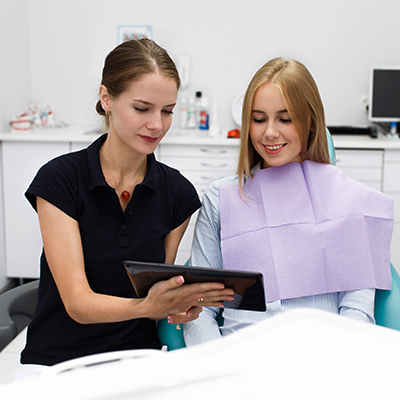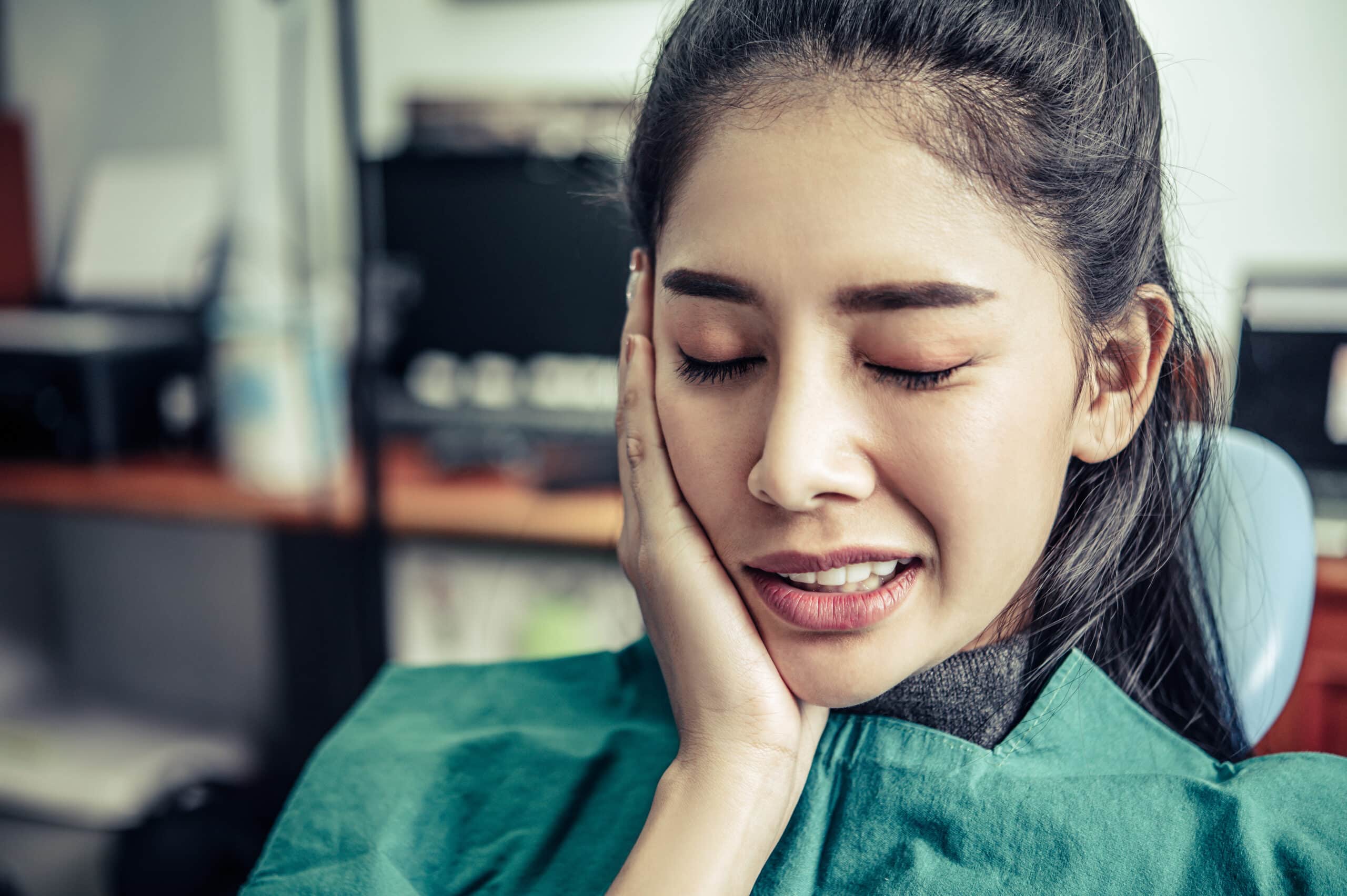
6 Brilliant Emergency Dentistry Tips for you
No one wants to be faced with a dental emergency, but it’s important to be prepared in case one arises. Emergency dentistry can help alleviate pain and discomfort caused by sudden dental problems and prevent long-term damage to teeth and gums. This article will provide 6 brilliant emergency dentistry tips so you can stay prepared for unexpected dental issues.
Emergency Kit
The first step to being prepared for a dental emergency is having an emergency kit on hand. This should include things like gauze, antiseptic wipes, a cold compress, painkillers, and any other items you may need in case of a dental injury or infection. Keeping this kit in your car or home can help you respond quickly in the event of an emergency.
Emergency Contact Information
It is also important to keep contact information for your dentist and any other dental care providers handy in case a dental emergency arises. Having this information will make it easier for you to reach out for help when needed.
Emergency Care
In the event of a dental emergency, it is important to seek care immediately. Emergency dentists can provide necessary treatment and alleviate pain and discomfort caused by sudden dental problems. Emergency dentists are available 24/7 and usually have flexible appointment times so you can get seen quickly in the event of an emergency.
Emergency Planning
It’s also important to plan ahead for a dental emergency. Knowing what type of insurance coverage you have and if it covers emergency care can help you prepare financially for any treatments that may be necessary. Additionally, knowing the best course of action in an emergency (e.g., calling your dentist or going to the ER) will help you respond quickly and appropriately should a dental emergency arise.
Emergency Prevention
The best way to deal with a dental emergency is to prevent one from happening in the first place. Taking good care of your teeth and gums by brushing twice daily, flossing once a day, and visiting the dentist for regular check-ups and cleaning can help prevent dental emergencies. Additionally, wearing a mouthguard when playing sports or engaging in other physical activities can also help protect your teeth from injury.
Emergency Education
It is also important to educate yourself on common dental emergencies, such as tooth fractures, abscesses, and gum infections. Knowing what to look out for and how to respond if you encounter a dental emergency can help you stay prepared in the event of an unexpected issue.
Conclusion
Emergency dentistry is an important part of oral health care, and being prepared for a dental emergency can help reduce pain and discomfort caused by sudden dental problems as well as prevent long-term damage to teeth and gums. Following these 6 brilliant emergency dentistry tips can help you stay prepared for unexpected dental issues.
A1: An emergency dental kit should include gauze, antiseptic wipes, a cold compress, painkillers, and any other items you may need in case of a dental injury or infection.
A2: Emergency dentists are available 24/7 and usually have flexible appointment times so you can get seen quickly in the event of an emergency.
A3: Taking good care of your teeth and gums by brushing twice daily, flossing once a day, and visiting the dentist for regular check-ups and cleaning can help prevent dental emergencies. Additionally, wearing a mouthguard when participating in any physical activities can also help protect your teeth from injury.


